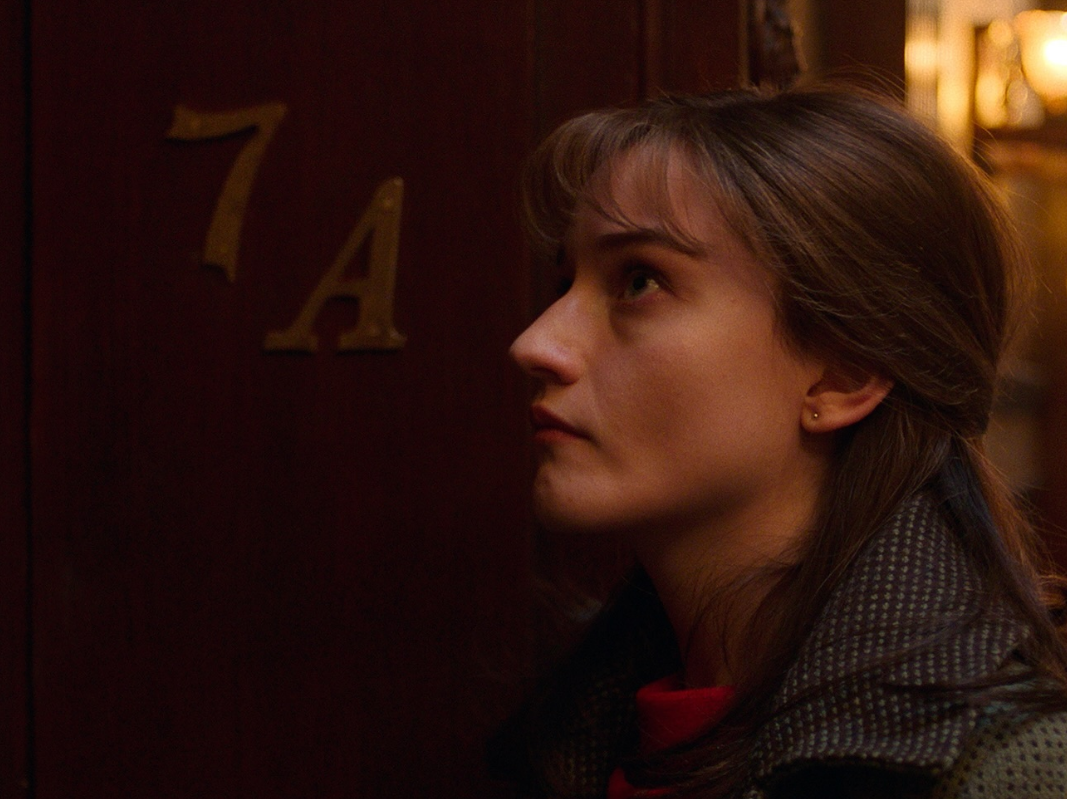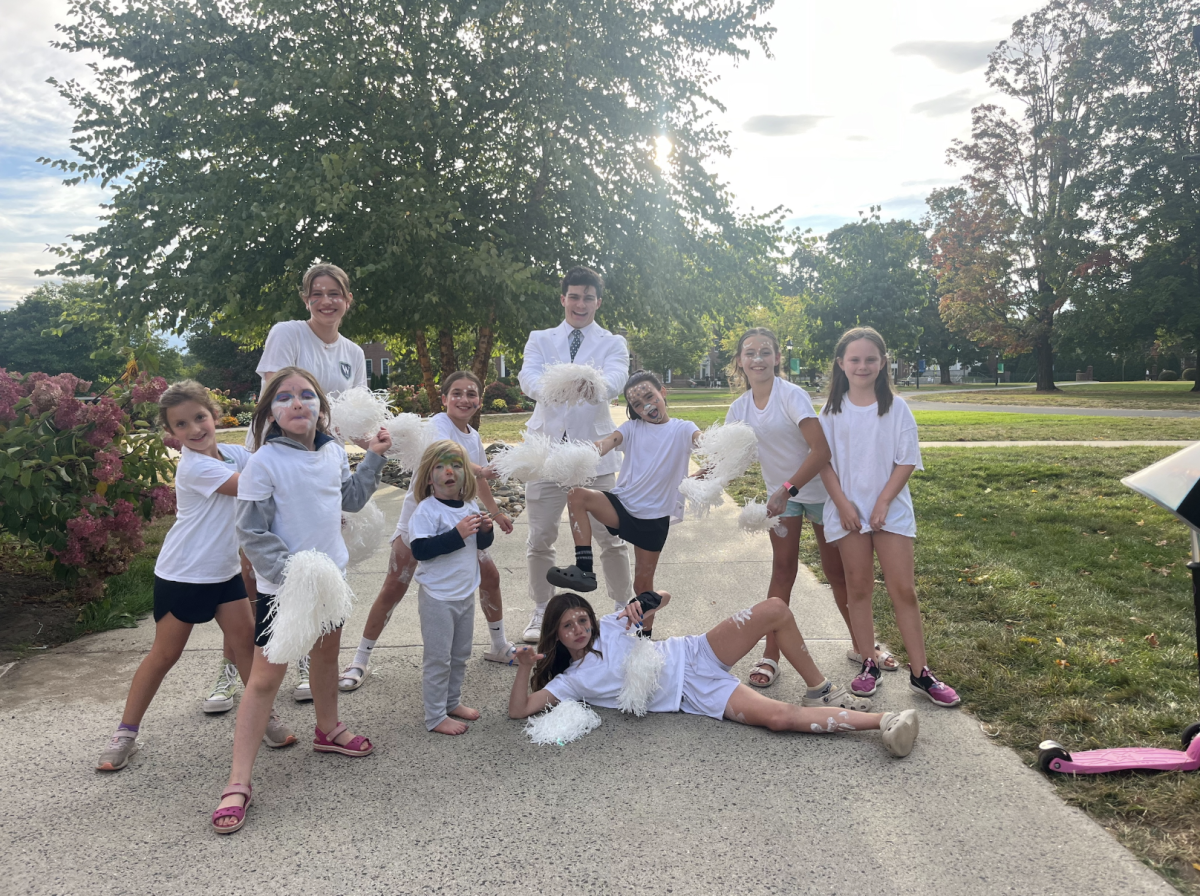You are pregnant and something is wrong. No one is listening to you. That is terror. That is horror. That is the center of “Apartment 7A,” the 2024 prequel to the legendary 1968 horror film “Rosemary’s Baby.”
The original, which starred Mia Farrow as Rosemary, was full of genuine psychological horror centering around Rosemary’s suspicions whether or not a Satanic cult impregnating her with the anti-Christ were correct.
Even without the possible demonic cult, the movie is terrifying. Someone slept with her while she was unconscious, leaving her bruised and scarred. There is something genuinely wrong with Rosemary’s pregnancy, and no one is listening to her. Everyone in her life is talking about her behind her back. She is alone and in pain.
For the 1960s, the themes of marital rape and the horror of pregnancy are shockingly present and relevant, but the prequel, “Apartment 7A,” confronts these issues more directly.
Terry Gionoffrio, played by Julia Garner, is a dancer in New York whose career is suddenly under threat after breaking her ankle. Soon, the Castevets, an elderly couple who were also important in the original film, support her. She quickly gets back on her feet, eventually getting a leading role.
Compared to the 1968 film, the prequel relies far more on jump scares and creepy visuals. The horror of the main character’s pregnancy is still there. She was also sexually assaulted. However, the film does not focus as heavily on the gaslighting element.
The audience is unsure if Rosemary is losing touch with reality or actually revealing a secret plot. Terry’s journey lacks those threats. This was somewhat unavoidable due to its prequel status, and coming out 60-plus years after the original; however by leaning into jump scares instead of claustrophobic control, the message falls unfortunately flat.
What “Apartment 7A” chose to have as a jump scare is men physically controlling Terry, which is an effective choice. There are constant visuals of male hands moving her around and clutching her stomach. Her body is not her own. But, importantly, her story is also not her own.
“Apartment 7A” is an ode to the original, not made to expand the world, but instead fill in the blanks. The movie even features a monologue about how the play they are putting on, “The Pale Crook,” is an ode to the original work. This monologue is sadly a cliché that has formed in the “late continuation of the series” genre, and is tiring.
This film could be effective. The concept in itself is not doomed to fail. Terry is a very interesting character, and it does not matter that her ending is, most likely, already known by the audience. What made “Rosemary’s Baby” so horrifying is that the fear wasn’t just from the physical control others had over her, but also the mental grasp they had over her mind. Rosemary is literally surrounded by the enemy; everyone is complicit in her abuse.
Terry, in “Apartment 7A”, never feels as stuck in this abuse, despite her being in a very similar situation to Rosemary. She very quickly explains away the weird things happening around her because of the few good things they did for her. “Rosemary’s Baby” does drag in the beginning but it adds to our understanding for why she thinks she should trust the people around her.
The script of “Apartment 7A” ends up force feeding us with the message, rather than allowing us to sit in the horrible fact that Terry was raped and is being pressured to keep the baby.
Instead, we get dialogue like: “You violated me,” and, “You practically begged for it.” Her original sentiment makes sense, but the response, by the man that drugged her so she could be raped by Satan, makes no sense. The movie is trying to bring the themes directly into modern concerns, when the original was already effective in doing so.
Compared to the stiff dialogue, I far more enjoyed the symbolic elements of Terry’s dancing. She starts the movie looking confidently into the camera as she moves on her own, and towards the end, after deciding to kill herself, she does so again. While dancing with male counterparts, she does not look into the camera. Not only does this display when she is in control and her relationship with dance, it is also unsettling.
This movie had the opportunity to bring a classic feminist horror film back into the mainstream, but instead fell into one of many cliched attempts to start a franchise.










Sebastian Enriquez • Nov 19, 2024 at 10:08 PM
Masterful work